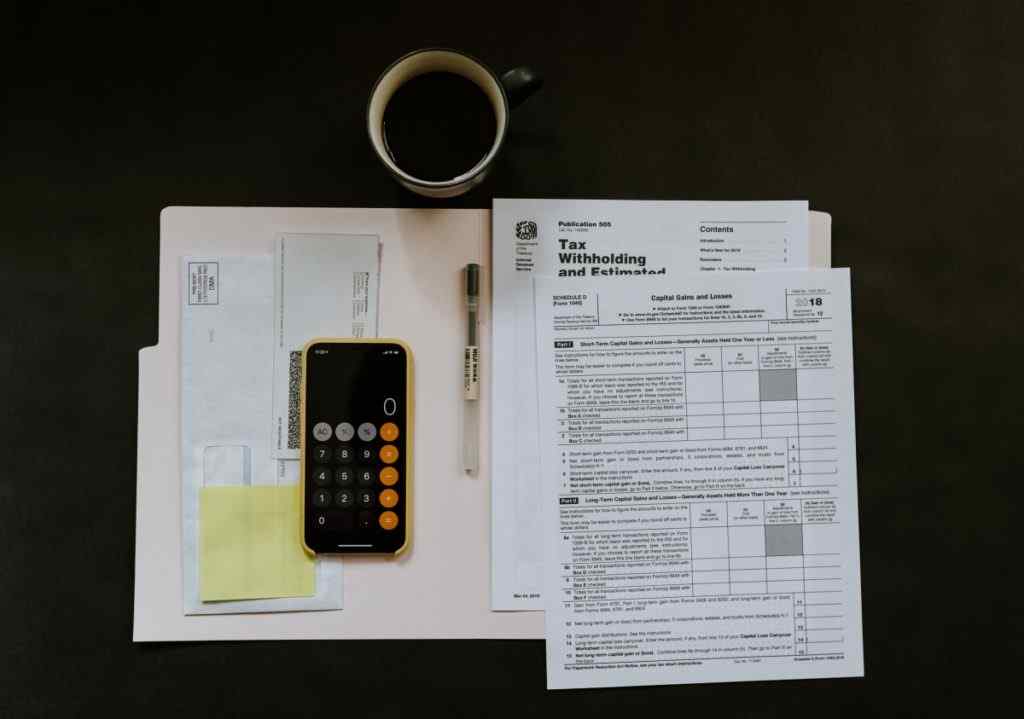
Many retirees have multiple streams of income from different accounts. How and when you decide to start taking withdrawals from these accounts impacts what you pay in taxes. The rules can be a bit complicated and it’s not uncommon for retirees to incur penalty fees for making mistakes. These are some strategies for avoiding penalties and making the right decisions to minimize taxation on withdrawals.
1. Wait until full retirement age to begin withdrawing: Withdrawing from a traditional IRA account before age 59 1/2 will incur a 10% “early withdrawal” penalty. However, you can begin taking penalty-free withdrawals from a 401(k) account at 55 years old if you stayed at the job associated with the account until age 55 or later.
2. Rollover your 401(k) after leaving a job: Distributions from your 401(k) are subject to an automatic 20% withholding tax. You can avoid this tax by rolling over your 401(k) funds directly into another 401(k) or IRA account. Keep in mind, though, that taking a distribution from an IRA before age 59 ½ will subject you to the 10% penalty fee noted above, so be mindful of this.
3. Don’t miss your required minimum distributions: You are required to withdraw from your 401(k) or IRA account at age 72. If you miss your required minimum withdrawal, the penalty will be 50% of what should have been withdrawn for that year. However, you can continue to delay withdrawals from your 401k or other company retirement plans if you are still working at that age unless you own 5% or more of the company you work for.
4. Spread out tax-impact by taking small distributions earlier than you have to: You are required to take withdrawals after age 72 if you want to avoid penalty. However, you may not want to delay your withdrawals for that long. If you take small distributions starting in your 60’s, it may allow you to stay in a lower tax bracket at age 72 because your RMD amount will be smaller and it could reduce your tax bill over the long term.
With these basic tips, you may be able to stretch your retirement savings by reducing the amount you pay in taxes! The best tax strategy for you is dependent on your personal circumstances.
What kind of accounts do you own?
How long are you planning to continue working for?
How much do you need yearly to fund your lifestyle?
These are all questions that you should examine with the help of a qualified professional. At Absolute Retirement Solutions, we help retirees develop personalized tax-minimization strategies. Contact us today to set up an appointment and find out how you can save money on taxes in retirement.
We do not offer tax or legal advice. Always consult with a qualified legal/tax advisors concerning your own situation.

